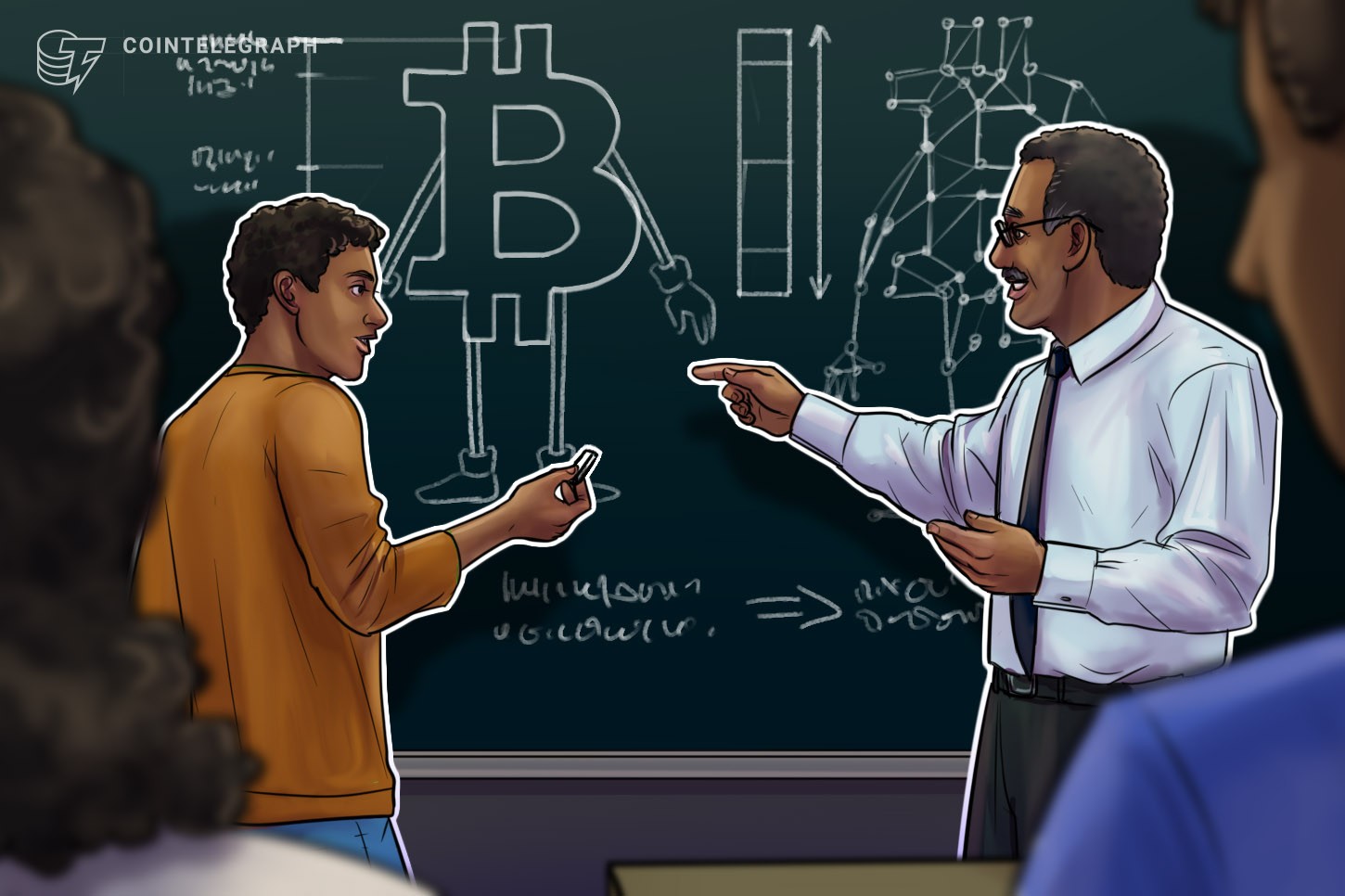Update (Nov. 7 at 09:07 pm UTC): This article has been updated to incorporate commentary from My First Bitcoin.
My First Bitcoin, a Bitcoin education program founded in El Salvador, has ended its collaboration with the country’s Ministry of Education and will transition from running local classes to supporting global Bitcoin education initiatives.
The organization has educated more than 27,000 students in person about Bitcoin (BTC) — primarily in El Salvador — and now plans to support educators and community projects worldwide through open-source materials and training tools.
In a statement issued on Friday, My First Bitcoin said the move includes closing its physical office in El Salvador, along with the adoption of a fully remote work model.
“Our ambition was always to change the world, but we had to start with a single student, then a single city, then a single nation and now we are ready to raise the potential impact from 6 million people to 8 billion,” said founder John Dennehy.
Founded as an independent nonprofit in 2021 by American activist and journalist John Dennehy, My First Bitcoin offered free education on Bitcoin to Salvadorans. In 2023, the organization partnered with El Salvador’s Ministry of Education to integrate its Bitcoin Diploma program into public schools by 2024.
Arnold Hubach, director of communications at My First Bitcoin, told Cointelegraph that their partnership with the Ministry of Education concluded in April 2025, “without any specific reason being shared with us.” There are no planned initiatives to replace the program.
The move comes as El Salvador reevaluates its Bitcoin policies after a recent agreement with the International Monetary Fund (IMF).
Related: El Salvador celebrates Bitcoin anniversary amid mixed results 4 years on
El Salvador and the IMF
El Salvador adopted Bitcoin as legal tender in September 2021 and began accumulating one Bitcoin per day a few months later.
In December 2024, the country reached a $1.4 billion financing agreement with the IMF, which included commitments to unwind its Bitcoin initiatives, thereby limiting its BTC accumulation plans.
As part of the deal, lawmakers amended the country’s Bitcoin law in January to make BTC acceptance voluntary for businesses.
In July, the IMF published a report that said El Salvador had not bought any new Bitcoin since signing the deal with the IMF in December.
Despite this, the El Salvador Bitcoin Office’s website continues to display records of the government’s recurring Bitcoin purchases, with holdings amounting to 6,374 BTC, valued at about $654.8 million at this writing.
Magazine: Why AI sucks at freelance work and real-life tasks: AI Eye


